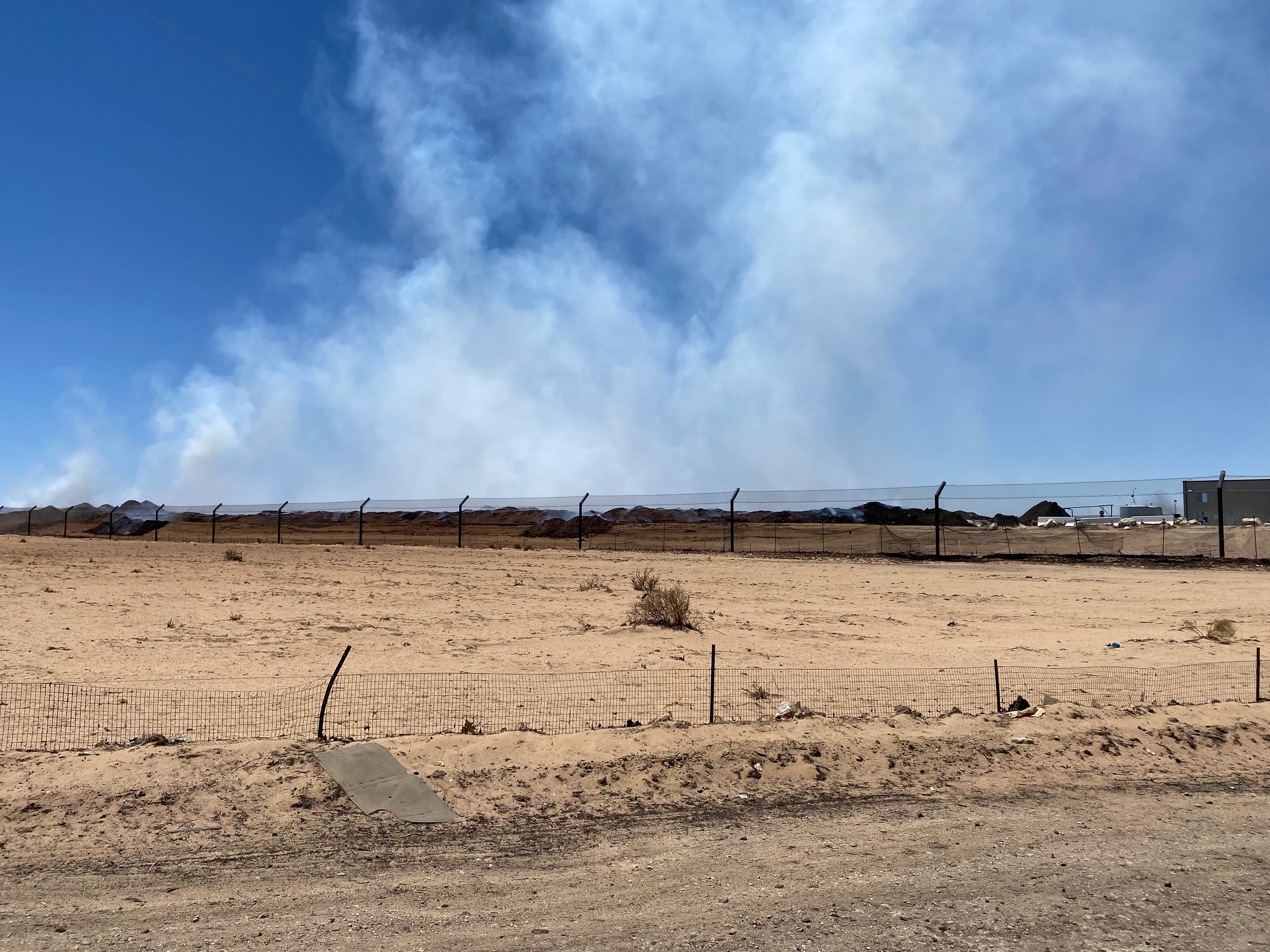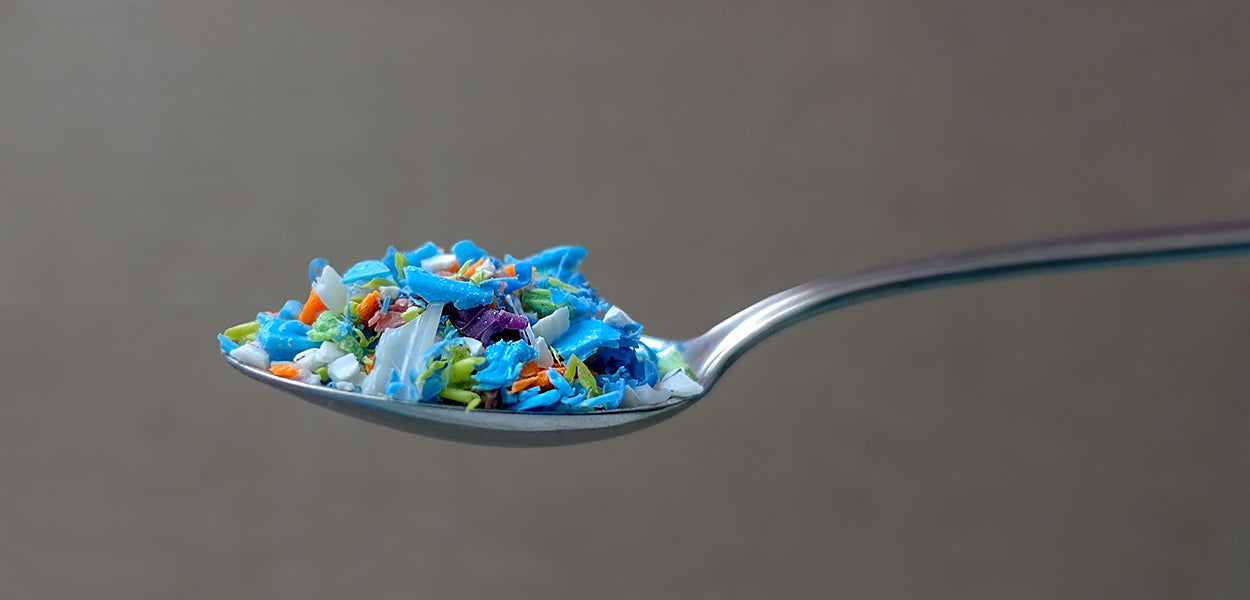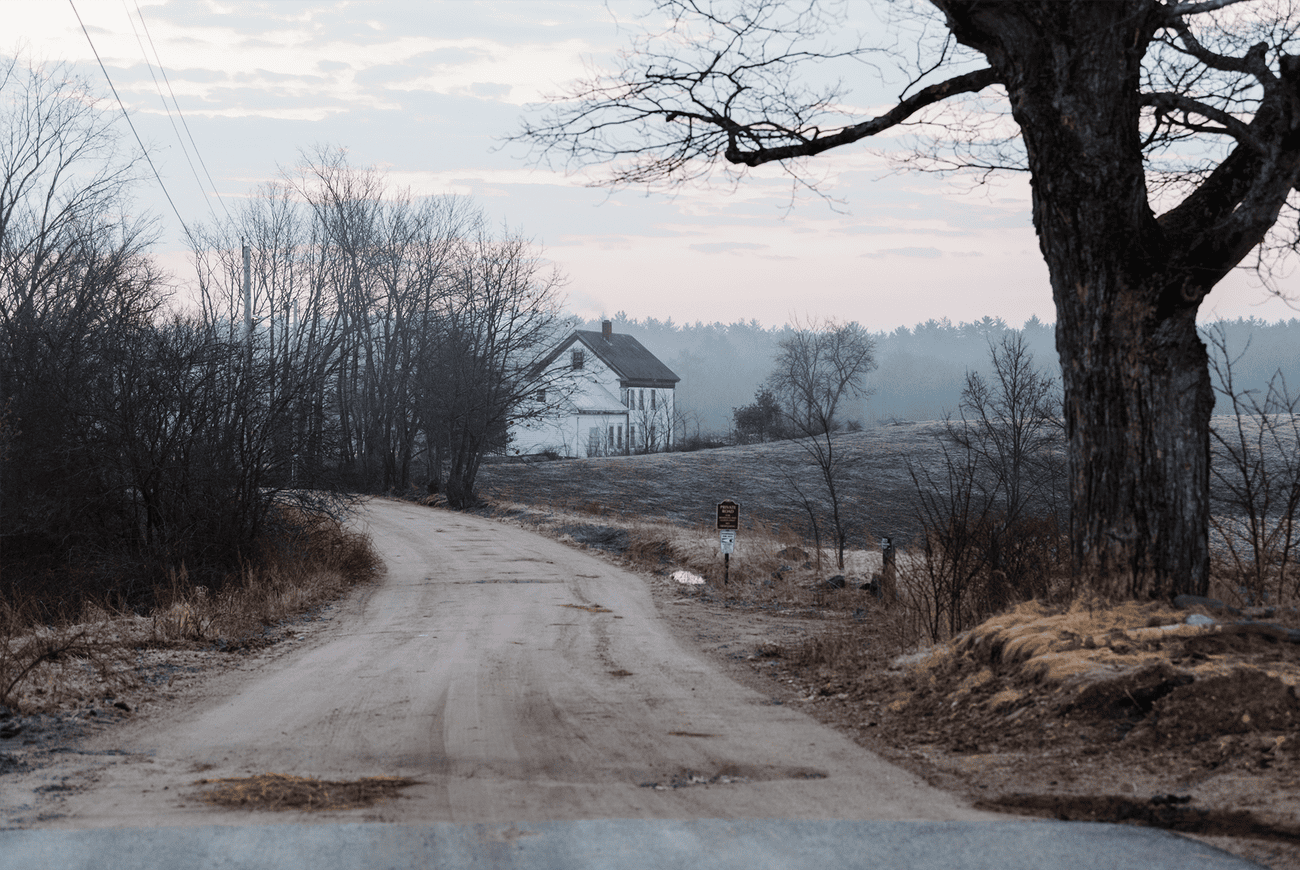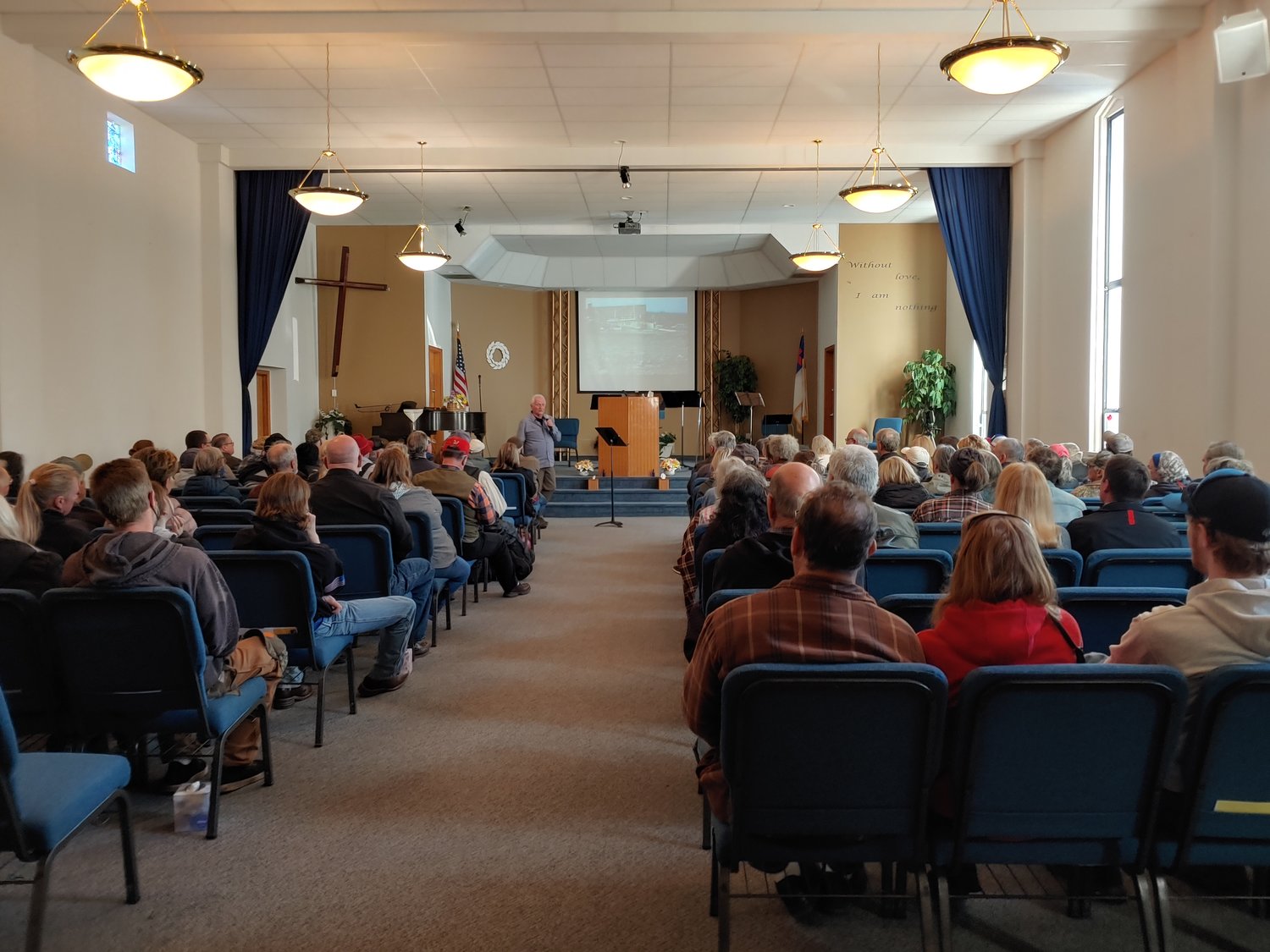Fertilizer turning Europe's farms into massive reservoirs of microplastics
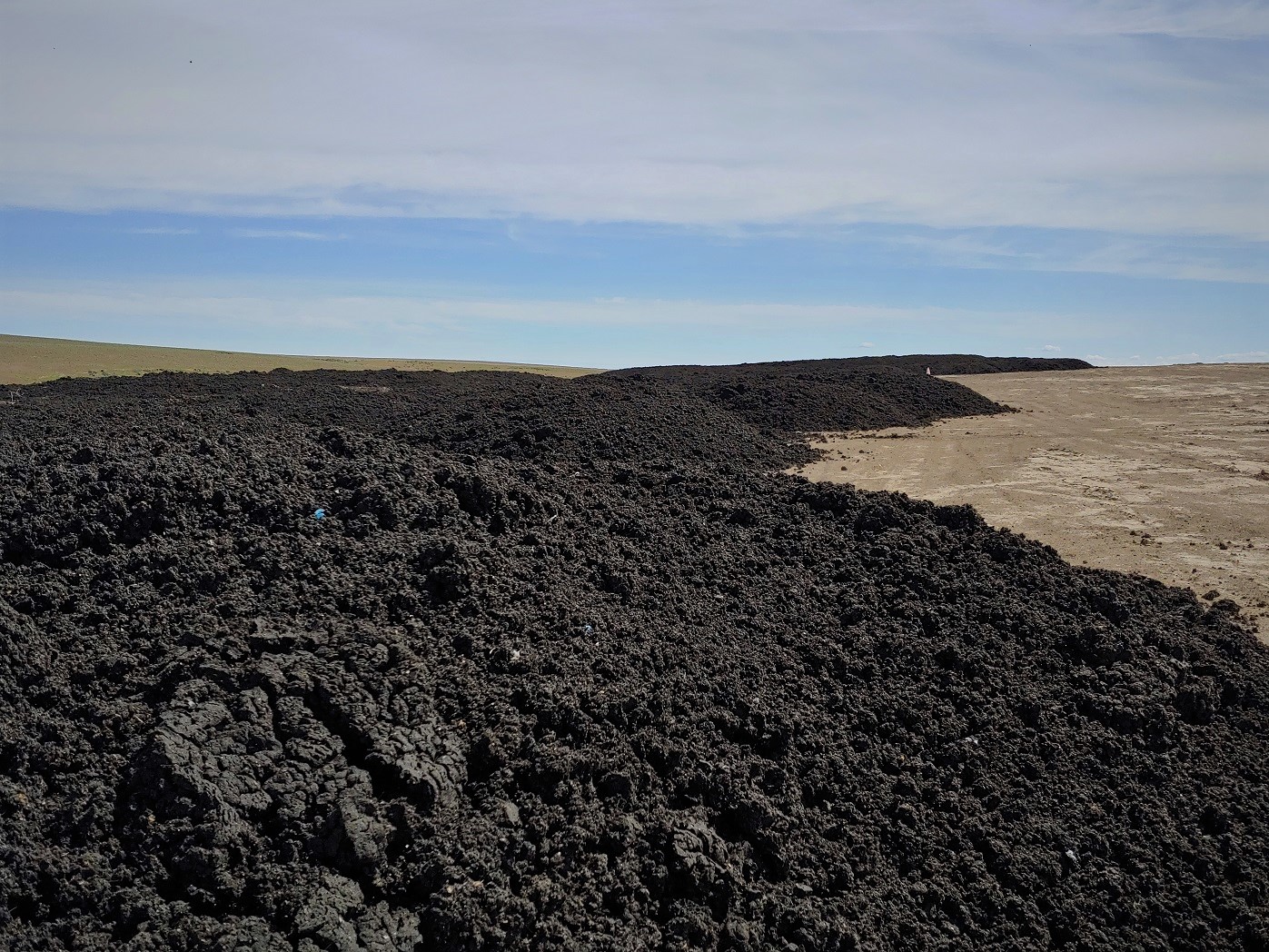
A new study has found that fertilizer made from sewage sludge and used widely in agriculture operations is introducing vast amounts of microplastics into Europe's soils
The sludge that is created through sewage treatment processes is rich in nutrients like phosphorous and nitrogen, making it an excellent source of fertilizer for agriculture. But not all that it contains is good for the environment, with a new study demonstrating how the material acts as a vehicle for huge amounts of tiny plastic fragments to enter soils, so much so the authors suggest Europe's farms could be acting as the world's largest reservoir for microplastics pollution.
Sewage sludge serves as an appealing and sustainable source of fertilizer, for both large-scale agriculture operations and home gardeners. But studies are starting to illustrate that its contents may not be entirely benign, neither for the environment or living organisms.
A study published last year that analyzed home fertilizer products found unsafe levels of toxic PFAS "forever chemicals" in every sample. That research found that typical sewage treatment methods don't break down these persistent chemicals, and as sludge is widely applied to lands across the US, it introduces huge amounts of them to food crops and waterways.
This new study was carried out by scientists at Cardiff University and the University of Manchester and focused on the farmlands of Europe, and the risks posed to them by fertilizers made from sewage sludge. The work involved analyzing samples from a wastewater plant in Newport, South Wales, which treats sewage from a population of around 300,000.
This showed that the plant was collecting larger plastic particles between 1 and 5 mm in size with a 100-percent strike rate, preventing them from slipping through into the waterways. Each gram of the sewage sludge created through this process, however, was then found to contain up to 24 microplastic particles, amounting to around one percent of its total weight.


